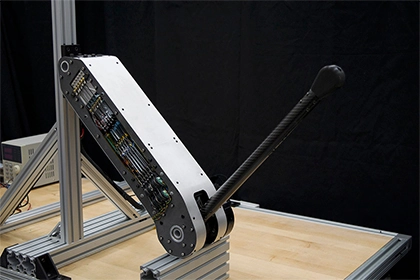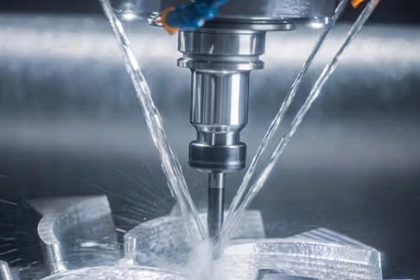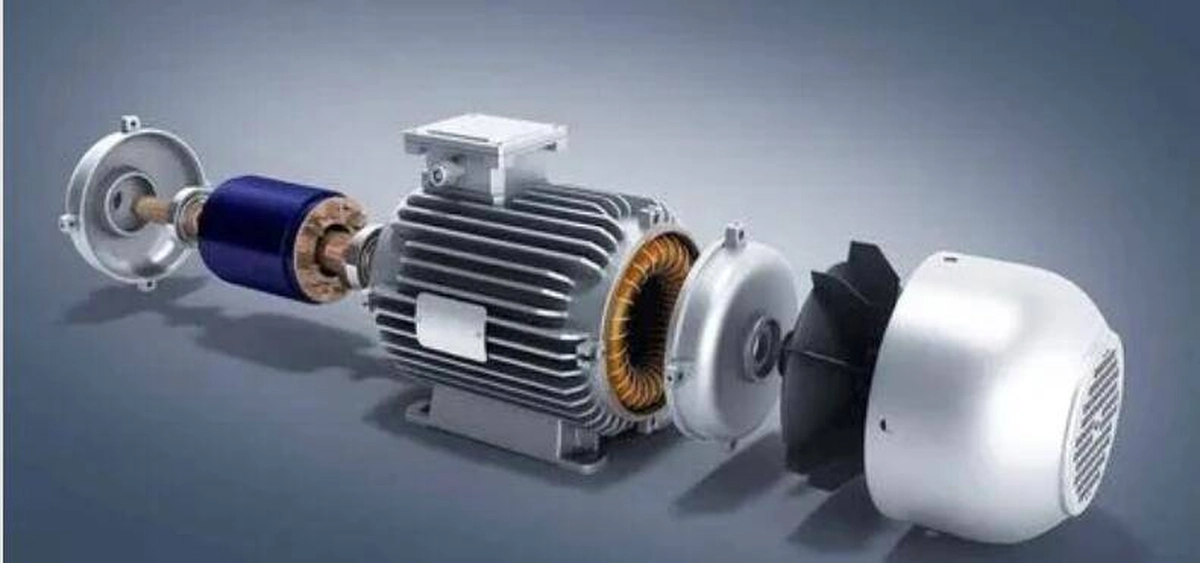- +86 19149417743
- Zhengzhou, Henan Province, China
- Mon-fri: 8am - 7pm
Get a quote
Not necessarily. While a larger hub motor can provide certain advantages, such as increased power and torque, it doesn't automatically mean that a bigger motor is always better. The appropriate size of a hub motor depends on several factors, including the specific application and requirements of the vehicle. Here are a few considerations:
Power Requirements: The size of the hub motor should be chosen based on the power needs of the vehicle. If the motor is too small for the vehicle's weight and intended use, it may struggle to provide sufficient power, resulting in slow acceleration or reduced performance. On the other hand, an oversized motor may be unnecessary and add unnecessary weight and cost.
Space and Weight Constraints: Larger hub motors tend to be bulkier and heavier, which can impact the overall weight and balance of the vehicle. In some cases, there may be limited space available for motor installation, especially in smaller vehicles like bicycles or scooters. Therefore, it's important to consider the physical constraints of the vehicle when selecting the size of the hub motor.
Energy Efficiency: While larger hub motors may provide higher power output, they may also consume more energy. If energy efficiency is a priority, such as in electric vehicles where range is important, a balance needs to be struck between motor size, power requirements, and energy consumption.
Cost: Larger hub motors are generally more expensive than smaller ones. If cost is a significant factor, it may be more practical to choose a motor size that meets the performance requirements while keeping within budget.
 2024-08-30 16:01:40
Engineering
2024-08-30 16:01:40
Engineering
 2024-07-26 14:09:13
Engineering
2024-07-26 14:09:13
Engineering
 2024-07-18 09:42:00
Engineering
2024-07-18 09:42:00
Engineering